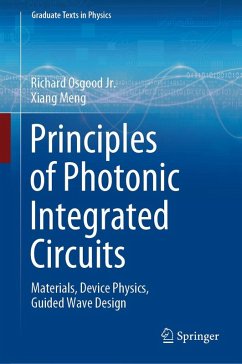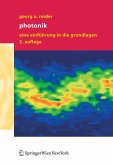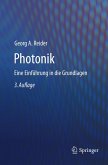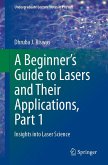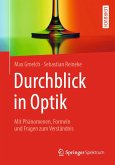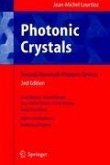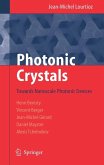This graduate-level textbook presents the principles, design methods, simulation, and materials of photonic circuits. It provides state-of-the-art examples of silicon, indium phosphide, and other materials frequently used in these circuits, and includes a thorough discussion of all major types of devices. In addition, the book discusses the integrated photonic circuits (chips) that are currently increasingly employed on the international technology market in connection with short-range and long-range data communication. Featuring references from the latest research in the field, as well as chapter-end summaries and problem sets, Principles of Photonic Integrated Circuits is ideal for any graduate-level course on integrated photonics, or optical technology and communication.
Dieser Download kann aus rechtlichen Gründen nur mit Rechnungsadresse in A, B, BG, CY, CZ, D, DK, EW, E, FIN, F, GR, HR, H, IRL, I, LT, L, LR, M, NL, PL, P, R, S, SLO, SK ausgeliefert werden.

